In the world of automotive, classic versus antiques versus vintage monikers are used interchangeably. Some classifications can even overlap. And it might not seem important to know how your old-looking vehicle is classified, but it does make a difference.
Use eTags© to Quickly Complete Your DMV Service. Renewals, Title Transfers and More, All Online!
In terms of title and registration, not to mention insurance rates, depending on where you’re driving that car. Different states have different classifications; for example Texas requires a safety inspection, an emissions requirement, a title, and even has sales tax on older cars.
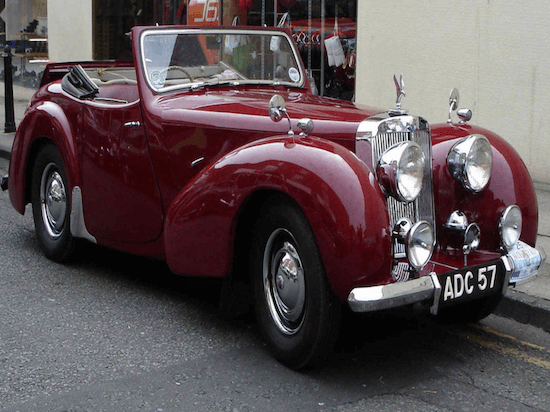
Generally speaking, a classic car is a vehicle that’s over 20 years old. An antique car is over 45 years old, while vintage cars are built between 1919 and 1930. But depending on the state’s DMV, and even on insurance carriers, classification can change and titling and registering can change too. That’s why it’s always a good idea to check on your state rules and regulations.
A classic car should have been repaired and maintained to keep it looking like the original design and specifications. It shouldn’t be modified or modified. A vintage car on the other hand can be modified and still keep its moniker.

Coming back to Texas again…the state even has multiple ways to register an older vehicle. If your car is 25 years or older, you can register it like you would every other car and drive it normally. You can register it as a classic car and pay $40 for driving it with no restrictions. You can also register it as an antique car for just $10 a year and only use it during special events and exhibitions.
California requires a title, but doesn’t require a safety inspection when it comes to classic cars. All vehicles 1975 and older, don’t need a smog inspection. The state of California doesn’t differentiate much between all monikers. If the car is manufactured after 1922, and is at least 25 years and older, it’s recognized as an historical vehicle. But if it has a 16-cylinder or larger engine and manufactured between 1922-1965, it’s classified as a Horseless Carriage.
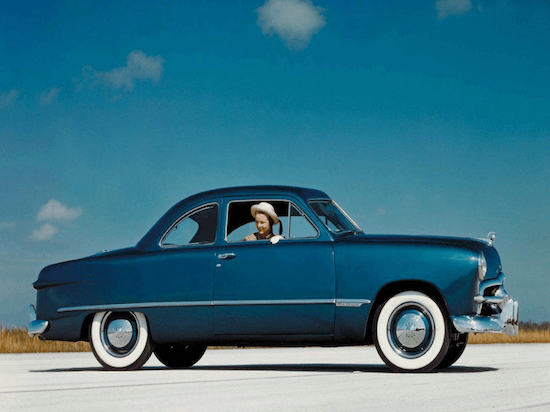
Maryland, a state where eTags offers registration renewals, lost registration replacement as well as sticker replacement, also doesn’t require a safety inspection when it comes to older cars, but it does have a 6% sales tax plus a title.
Florida also requires a title for classic cars, no safety inspection though but does have registration restrictions. There are several classification for older cars in the Sunshine Sate, including Antique, Street Rod, and Horseless Carriage for vehicles built before 1945. The $225 initial registration fee is waived for cars bearing antique plates. And fees for Antique, Street Rod, and Horseless Carriage tags are permanent so you only have to pay once.

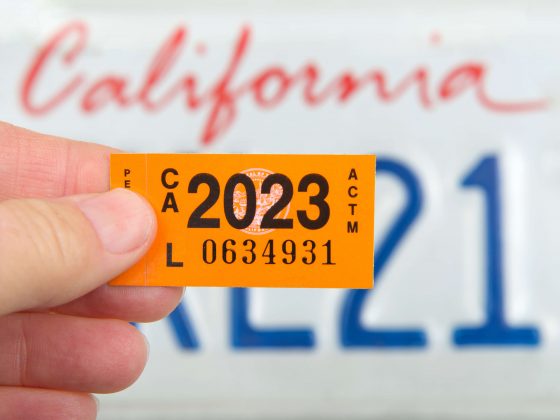
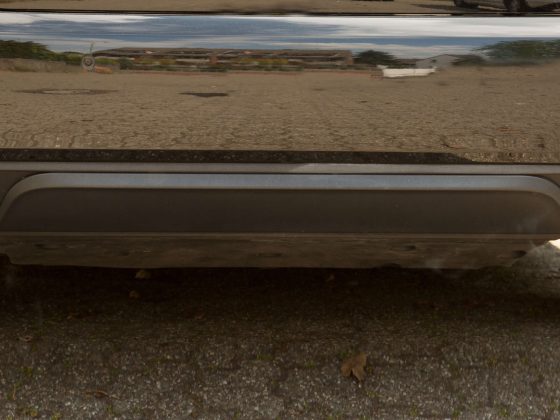


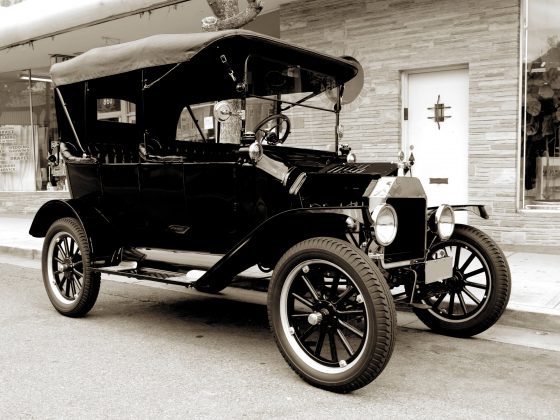
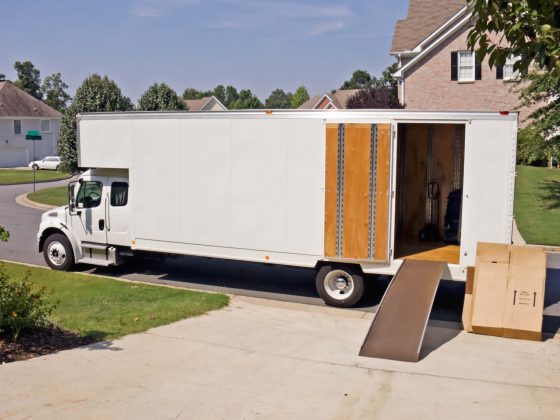

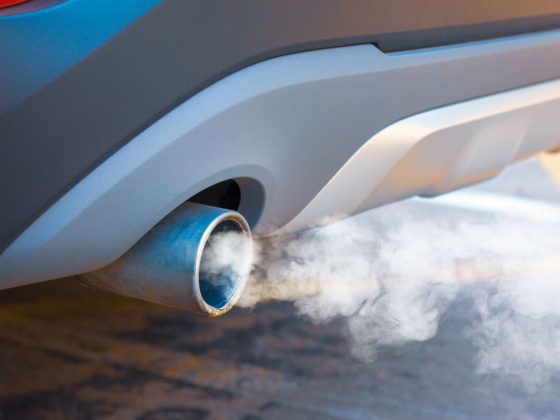
6 comments
Should I be concerned about a title saying “historical” yet it is only 8 years old?
hey there, can you pls send back your question with what state the car is titled in?
Can I buy a 1990 audi quattro and register it as a classic car? The information is very confusing with regard to age of vehicle.
My understanding is that a vehicle older than thirty years is considered an antique in california. If I buy a California car can I register it without a smog cert?
All vehicles manufactured after 1976 require a smog inspection, so your 1990 vehicle will need one. California offers two types of license plates for classics, but they come with restrictions. For example, to only use the car in exhibitions or parades.So if you want to drive your car every day, a historic classification may not work for you.
My elderly father has a 1974 Jaguar XJ6 parked in his garage since 1991. We would like to give to a car hobbyist who lives in Los Angeles. I accidentally threw away the title upon clearing up his office, but we do have the registration. A man who works for the Arizona Department of Motor Vehicles told me that I have a lengthy process to follow to give this vehicle away. (it now sits on the metal rims in a dusty garage). According to this man I must get a bonded title, and call all my bordering states to see if either it was stolen or carried drugs thirty years ago. Isn’t there a simpler process to give an antique vehicle away? I do have the last registration. Thank you for your time and help! Leila Armstrong
If this vehicle has not been registered in more than 5 years it is considered an UNAVAILABLE record and a set of procedures is required to obtain a title. I have attached the criteria for this type of vehicle below. These instructions are for a previous CA car if it was titled out of state (i.e AZ) than you will need to follow their procedures in that state. https://www.dmv.ca.gov/portal/handbook/vehicle-industry-registration-procedures-manual-2/miscellaneous-originals/vehicles-with-unavailable-records/